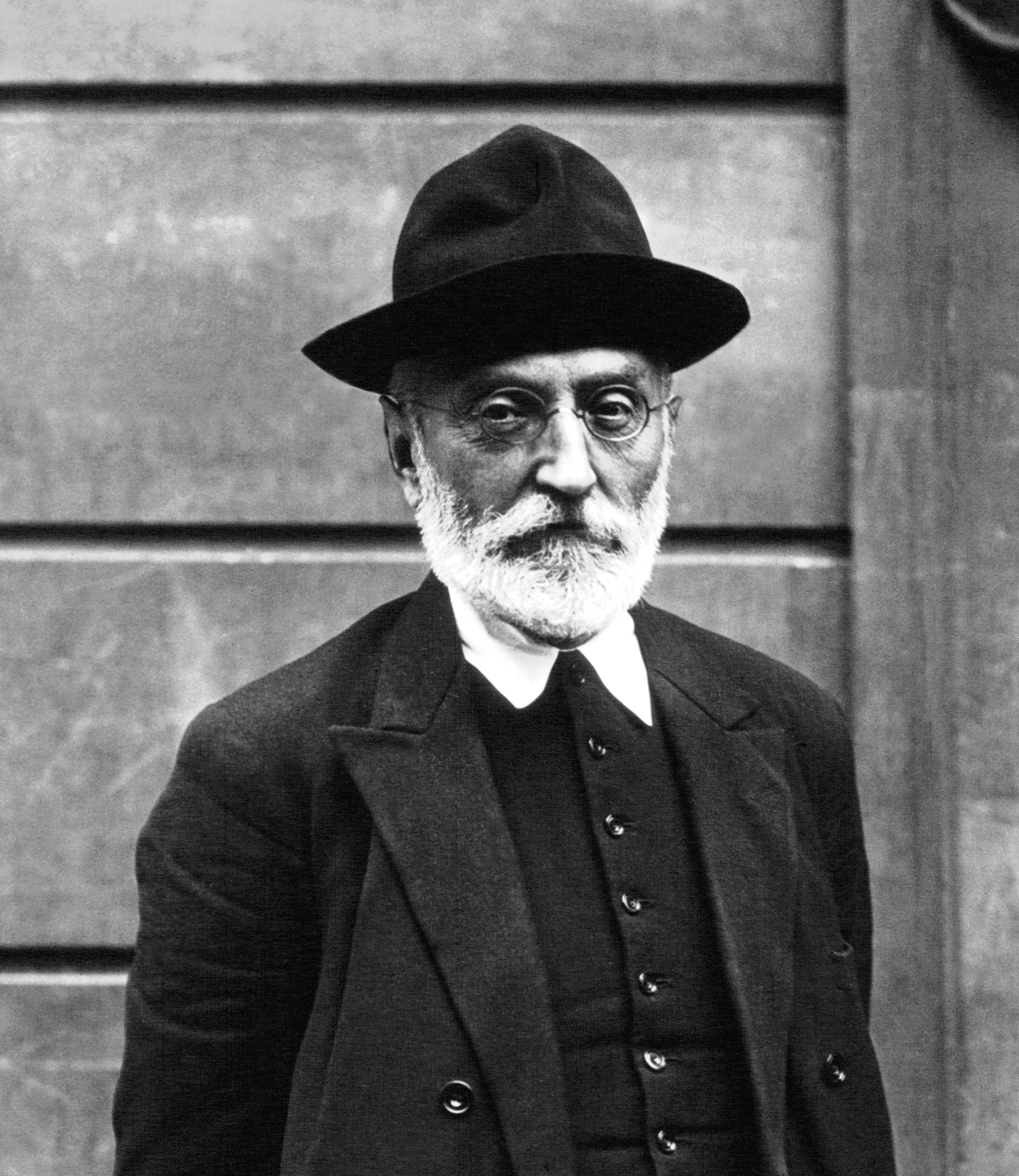„Je smutné nebyť milovaným, ale je ešte smutnejšie nebyť schopným milovať.“
Mladému spisovateľovi
Potvrdené výroky
Miguel de Unamuno y Jugo bol španielsky filozof a spisovateľ, predstaviteľ existencializmu. Vychádzal z Pascala, Kierkegaarda a Nietzscheho. V jeho názoroch prevažuje pesimizmus.

„Je smutné nebyť milovaným, ale je ešte smutnejšie nebyť schopným milovať.“
Mladému spisovateľovi
Potvrdené výroky
Dve matky
Potvrdené výroky
Varianta: Aj diabol je anjelom. Dve matky
„Život treba merať väčšmi podľa hĺbky než podľa dĺžky, väčšmi myslením než časom.“
Varianta: Život treba merať väčšmi podľa hĺbky, než podľa dĺžky, myslením a konaním väčšmi, než časom.
„Láska je dieťaťom ilúzie a matkou dezilúzie.“
Potvrdené výroky
Zdroj: [KOTRMANOVÁ, Milada.: Perly ducha. Ostrava: Knižní expres, 1996 ISBN 80-902272-1-X]
„Izolácia je najhorší možný poradca.“
Civilization is Civilism
Potvrdené výroky
Varianta: Izolácia je najhorší možný poradca. Civilization is Civilism
„Viera čo nepochybuje je mŕtvou vierou.“
La Agonía del Cristianismo. Agónia Kresťanstva.
„Títo strašní sociológovia, ktorí sú astrológmi a alchymistami nášho dvadsiateho storočia.“
Fanatický skepticizmus
Potvrdené výroky
“Love is a contradiction if there is no God.”
The Tragic Sense of Life (1913), VII : Love, Suffering, Pity
Credo quia absurdam — I believe because it is absurd
The Tragic Sense of Life (1913), Conclusion : Don Quixote in the Contemporary European Tragi-Comedy
The Tragic Sense of Life (1913), Conclusion : Don Quixote in the Contemporary European Tragi-Comedy
The Tragic Sense of Life (1913), X : Religion, the Mythology of the Beyond and the Apocatastasis
The Tragic Sense of Life (1913), V : The Rationalist Dissolution
The Tragic Sense of Life (1913), Conclusion : Don Quixote in the Contemporary European Tragi-Comedy
“Reason perhaps teaches certain bourgeois virtues, but it does not make either heroes or saints.”
The Tragic Sense of Life (1913), XI : The Practical Problem
The Tragic Sense of Life (1913), III : The Hunger of Immortality
“Faith which does not doubt is dead faith.”
Fe que no duda es fe muerta.
La Agonía del Cristianismo (The Agony of Christianity) (1931)
The Tragic Sense of Life (1913), VI : In the Depths of the Abyss
The Tragic Sense of Life (1913), XI : The Practical Problem
The Tragic Sense of Life (1913), VIII : From God to God
The Tragic Sense of Life (1913), X : Religion, the Mythology of the Beyond and the Apocatastasis
The Tragic Sense of Life (1913), VIII : From God to God
The Tragic Sense of Life (1913), VIII : From God to God
The Tragic Sense of Life (1913), VII : Love, Suffering, Pity
The Tragic Sense of Life (1913), Conclusion : Don Quixote in the Contemporary European Tragi-Comedy
The Tragic Sense of Life (1913), III : The Hunger of Immortality
The Tragic Sense of Life (1913), IV : The Essence of Catholicism
The Tragic Sense of Life (1913), VII : Love, Suffering, Pity
The Tragic Sense of Life (1913), VII : Love, Suffering, Pity
The Tragic Sense of Life (1913), IV : The Essence of Catholicism
The Tragic Sense of Life (1913), VIII : From God to God
Tres novelas ejemplares y un prólogo [Three Exemplary Novels and a Prologue] (1920); Two Mothers
The Tragic Sense of Life (1913), X : Religion, the Mythology of the Beyond and the Apocatastasis
The Tragic Sense of Life (1913), VIII : From God to God
The Tragic Sense of Life (1913), VII : Love, Suffering, Pity
Vanidad del Mundo, cap. xxi.
The Tragic Sense of Life (1913), Conclusion : Don Quixote in the Contemporary European Tragi-Comedy
“Use harms and even destroys beauty. The noblest function of an object is to be contemplated.”
El use estropea y hasta destruye toda belleza. La función más noble de los objetos es la de ser contemplados.
Niebla [Mist] (1914)
